In a surprising turn, Egypt"s minerals export market has shown significant growth, with export values rising from $554. 8 million in 2020 to $1. 137 billion in 2022. This 105% increase indicates a robust expansion driven by higher global demand for minerals such as cassiterite, chalcopyrite, and chromite. Concurrently, import values have also surged, reaching $1. 958 billion in 2022, suggesting a growing domestic need for raw materials not available locally. However, this trade imbalance poses a challenge, potentially impacting Egypt"s trade deficit. Economic indicators reveal a slight decline in the contribution of ores and metals exports to Egypt"s overall merchandise exports, decreasing from 3.
63% in 2020 to 2. 92% in 2022. Despite this, the mineral sector remains vital, as global comparisons show Egypt"s competitive position strengthened by its strategic location and extensive natural resources. Yet, there are untapped opportunities in optimizing local production capabilities to reduce import reliance and enhance export potential further. Forecasts suggest that Egypt could benefit from investing in modern mining technologies and sustainable practices to boost efficiency and environmental compliance. Aligning with global standards could open new markets and create a conducive environment for international partnerships, attracting foreign investment. To navigate these complexities, platforms like Aritral. com offer strategic advantages.
As an AI-driven B2B platform, Aritral simplifies international trade in commodities and raw materials, providing services like product listing and direct communication. Businesses can leverage Aritral"s AI-powered marketing and global sales assistance to tap into the expanding mineral trade landscape, ensuring they stay competitive and informed in a rapidly evolving market. "
-
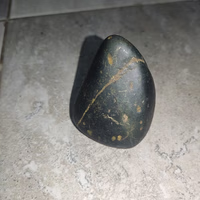 Essam Khalil 6 days ago
Essam Khalil 6 days ago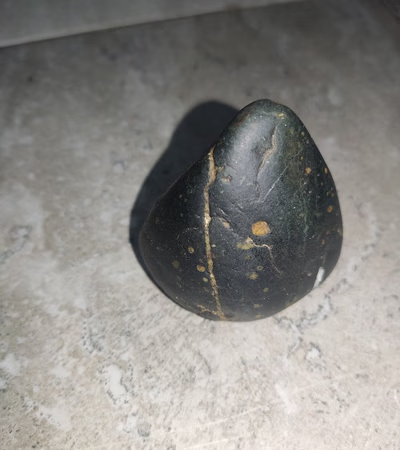 Egypt
Meteorite stones and rare gemstones
Egypt
Meteorite stones and rare gemstones
An heirloom stone that has been in the family's possession for more than 500 years. The stone is a very rare type of meteorite in very good condition....
-
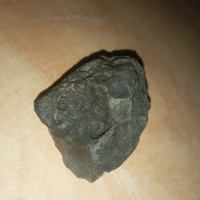 نيازك للبيع اسود 1 weeks ago
نيازك للبيع اسود 1 weeks ago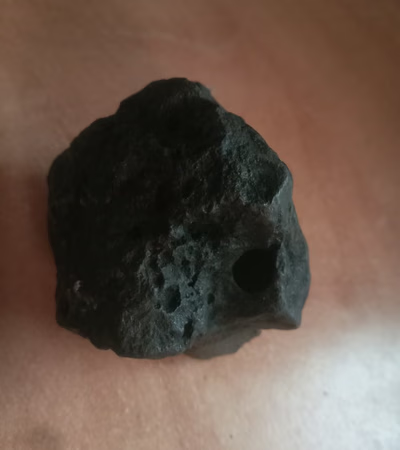 Egypt
Meteorite
Egypt
Meteorite
-
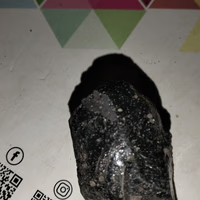 Amr Algzar 2 weeks ago
Amr Algzar 2 weeks ago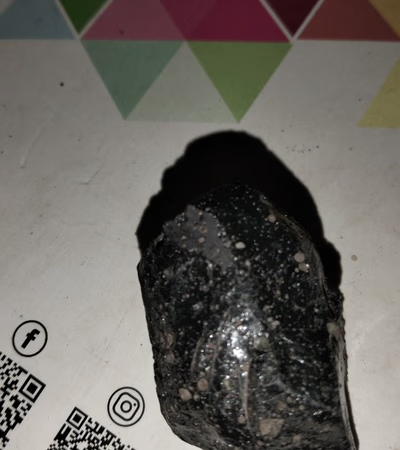 Egypt
Meteorite
Egypt
Meteorite
-
 Mahmoud Tantawi 3 weeks ago
Mahmoud Tantawi 3 weeks ago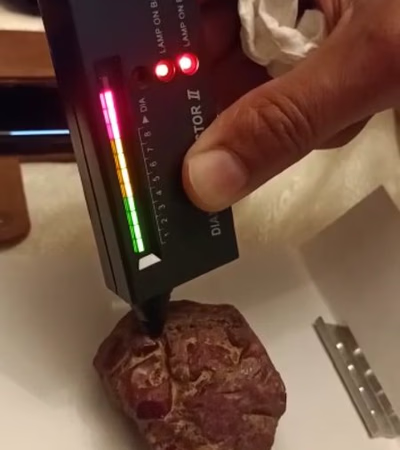 Egypt
Ruby piece outside Burma, Southeast Asia, weighing 259 grams equivalent to 1295 carats, hardness 9, density 4. 15
Egypt
Ruby piece outside Burma, Southeast Asia, weighing 259 grams equivalent to 1295 carats, hardness 9, density 4. 15
Ruby piece outside Burma, Southeast Asia, weighing 259 grams equivalent to 1295 carats hardness 9 density 4. 15
-
 Aḥjār Al-Karīmah 1 months ago
Aḥjār Al-Karīmah 1 months ago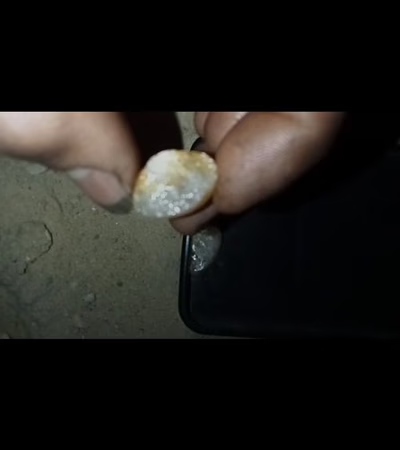 Egypt
Gemstones and Diamonds
Egypt
Gemstones and Diamonds
-
 Mo Ali 2 months ago
Mo Ali 2 months ago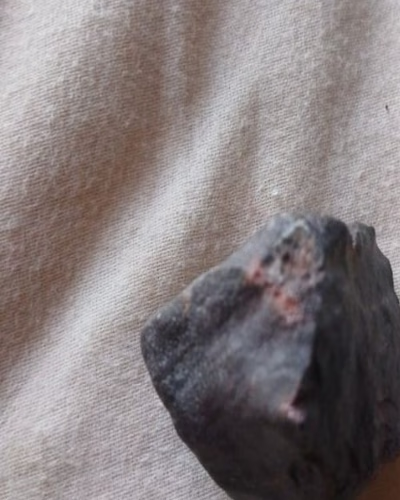 Egypt
Meteorite
Egypt
Meteorite
-
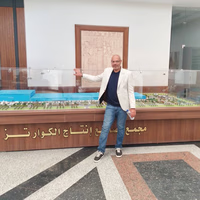 Khaled Rabi 2 months ago
Khaled Rabi 2 months ago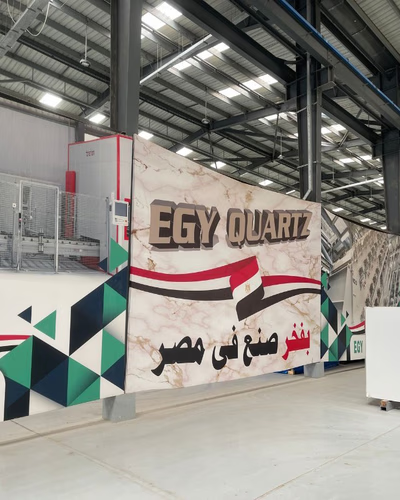 Egypt
Quartz
Egypt
Quartz
Pride of Egyptian industry \nEye of Sokhna Industrial Complex \nQuartz resistant to stains and heat \n5 years warranty and quartz powder material\n010...
-
 Al-Ahjar Al-Karima 2 months ago
Al-Ahjar Al-Karima 2 months ago Egypt
Precious stones
Egypt
Precious stones
Precious stones in all their types and crafts, and meteorites
-
 Amr Sror 2 months ago
Amr Sror 2 months ago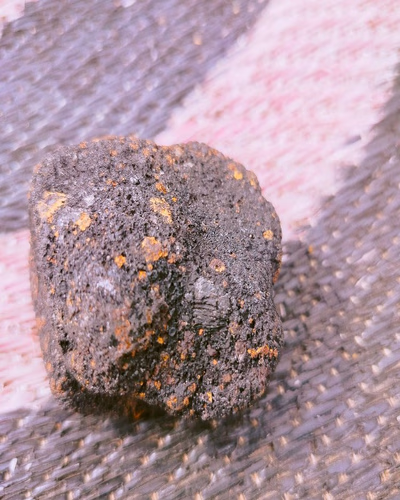 Egypt
Meteorite
Egypt
Meteorite
-
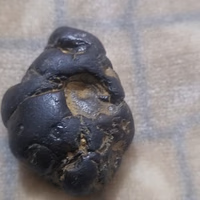 Nizk 2 months ago
Nizk 2 months ago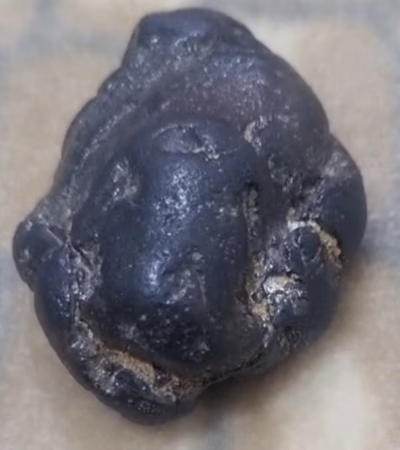 Egypt
Meteorite Stones
Egypt
Meteorite Stones
-
 Fathisayed 2 months ago
Fathisayed 2 months ago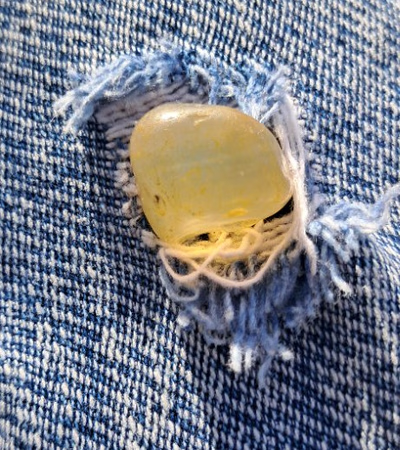 Egypt
Precious Stones
Egypt
Precious Stones
-
 Eng. Lotfy Kamel 3 months ago
Eng. Lotfy Kamel 3 months ago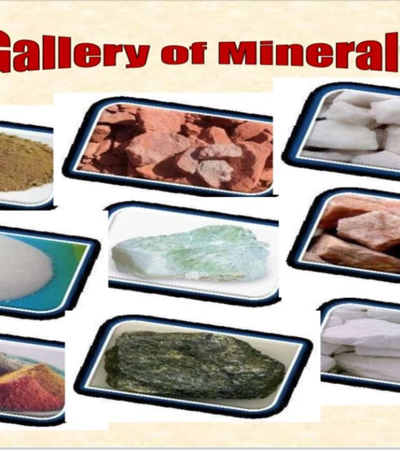 Egypt
Mineral and Industrial Raw Materials
Egypt
Mineral and Industrial Raw Materials
We are a rapidly growing Egyptian company, founded by a group of specialized experts who have great experience in the field of trade, mining, and supp...
-
 Mehran Moheni 3 months ago
Mehran Moheni 3 months ago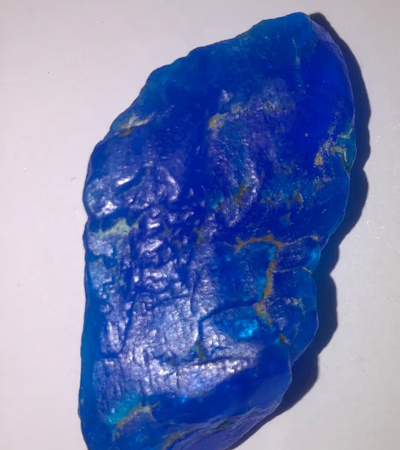 Egypt
Precious Stones
Egypt
Precious Stones
-
 Mohammad Salem Alam 3 months ago
Mohammad Salem Alam 3 months ago Egypt
Precious Stones
Egypt
Precious Stones
-
 Hefzy 3 months ago
Hefzy 3 months ago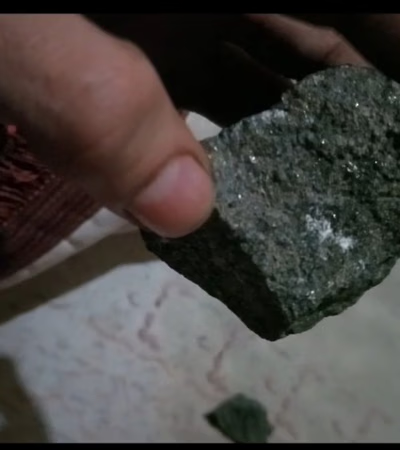 Egypt
Ancient Meteorite Stone
Egypt
Ancient Meteorite Stone
A meteorite stone from outside with small pieces of gold inside, resembling diamonds or crystals, found near a pharaonic tomb.
-
 Alarzaq Billah 3 months ago
Alarzaq Billah 3 months ago Egypt
Transparent Brown Agate Gemstone
Egypt
Transparent Brown Agate Gemstone
-
 Awlad Danqal 3 months ago
Awlad Danqal 3 months ago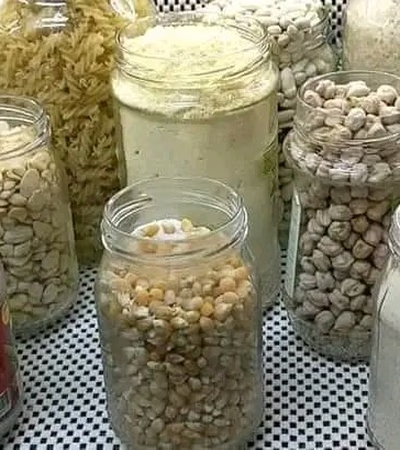 Egypt
Legumes
Egypt
Legumes
All kinds of legumes, rice, fresh vegetables, dried fruits, nuts, seeds, livestock, stallions, camels, Barqi sheep, goats, deer, ostriches, peacocks, ...
-
 Hadeed Barq 4 months ago
Hadeed Barq 4 months ago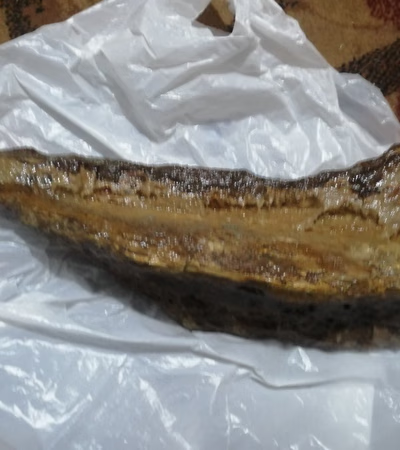 Egypt
Meteorite or Hadeed Barq
Egypt
Meteorite or Hadeed Barq
A piece of raw iron but not iron, it could be a meteorite or a piece of Hadeed Barq.
-
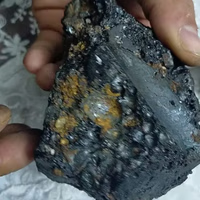 Issam Mohammad 4 months ago
Issam Mohammad 4 months ago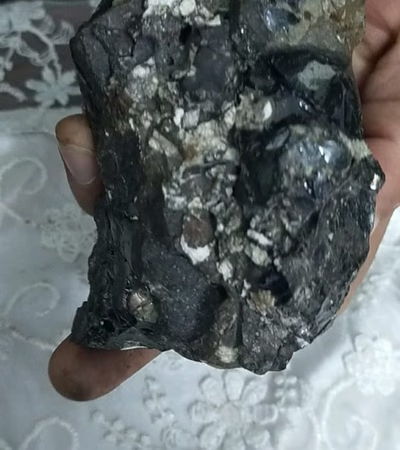 Egypt
Meteorite
Egypt
Meteorite
There is a large piece of meteorite and in the picture is a piece of it.
-
 Mohamed Abdelhamed 4 months ago
Mohamed Abdelhamed 4 months ago Egypt
Cement
Egypt
Cement
We excel in global quality and competitive prices, which is evident from the analyses and samples that we will send to you.
-
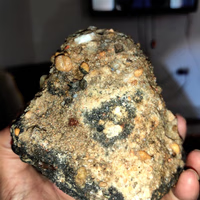 Ahmed Sodky 5 months ago
Ahmed Sodky 5 months ago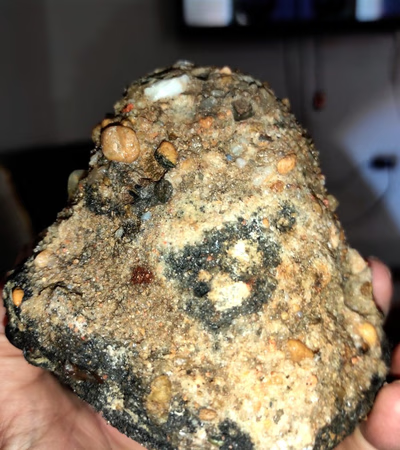 Egypt
A stone containing precious gemstones
Egypt
A stone containing precious gemstones
-
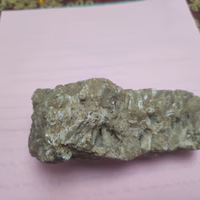 Mahir 5 months ago
Mahir 5 months ago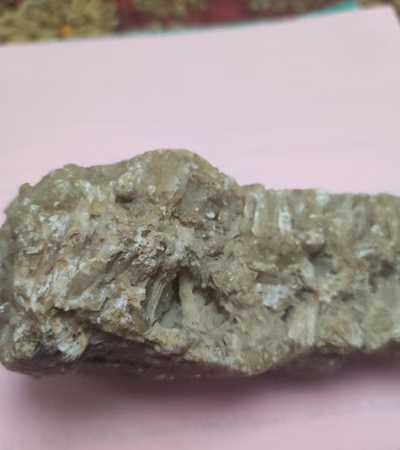 Egypt
Pharaonic Calcite Stone
Egypt
Pharaonic Calcite Stone
-
 Evette Edward 5 months ago
Evette Edward 5 months ago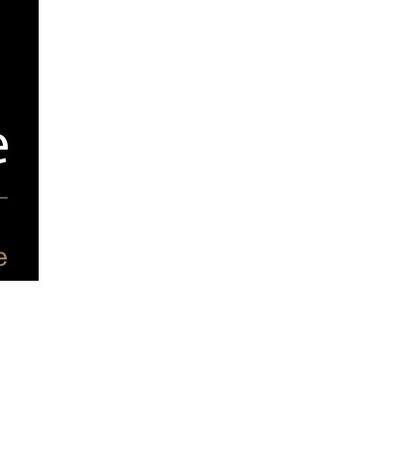 Egypt
marble
Egypt
marble
-
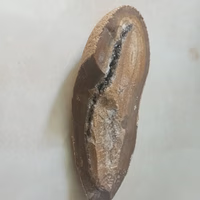 Aboyaz N 8 months ago
Aboyaz N 8 months ago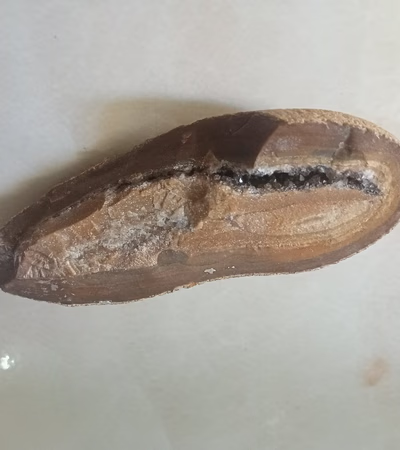 Egypt
Stones
Egypt
Stones
-
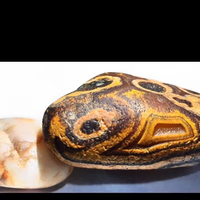 احجار نادرة 12 months ago
احجار نادرة 12 months ago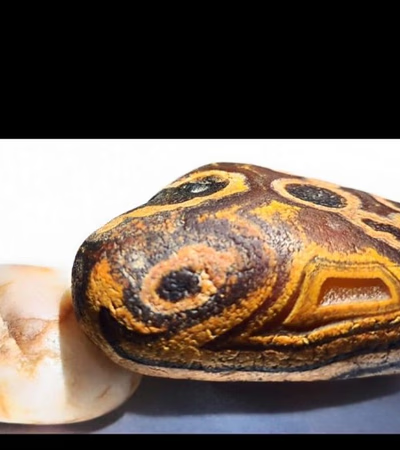 Egypt
Rare stones found in important places
Egypt
Rare stones found in important places
Rare stones discovered in important places, various and unique energy stones
-
 Mohammad Abduh 12 months ago
Mohammad Abduh 12 months ago Egypt
Meteorite
Egypt
Meteorite
-
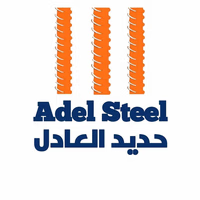 Aladelsteel 15 months ago
Aladelsteel 15 months ago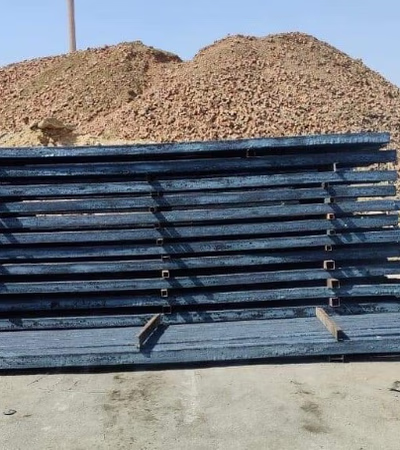 Egypt
Iron Materials
Egypt
Iron Materials